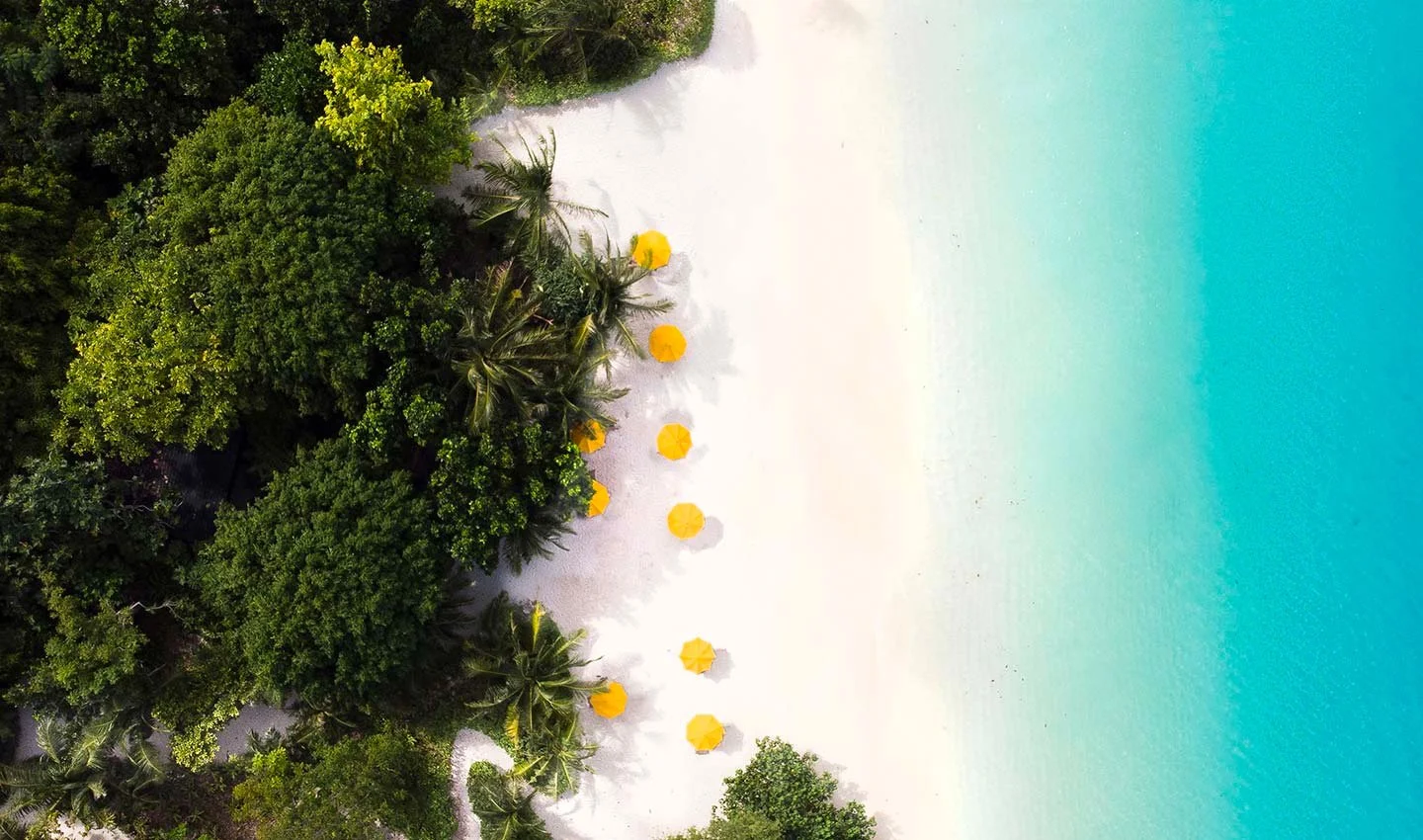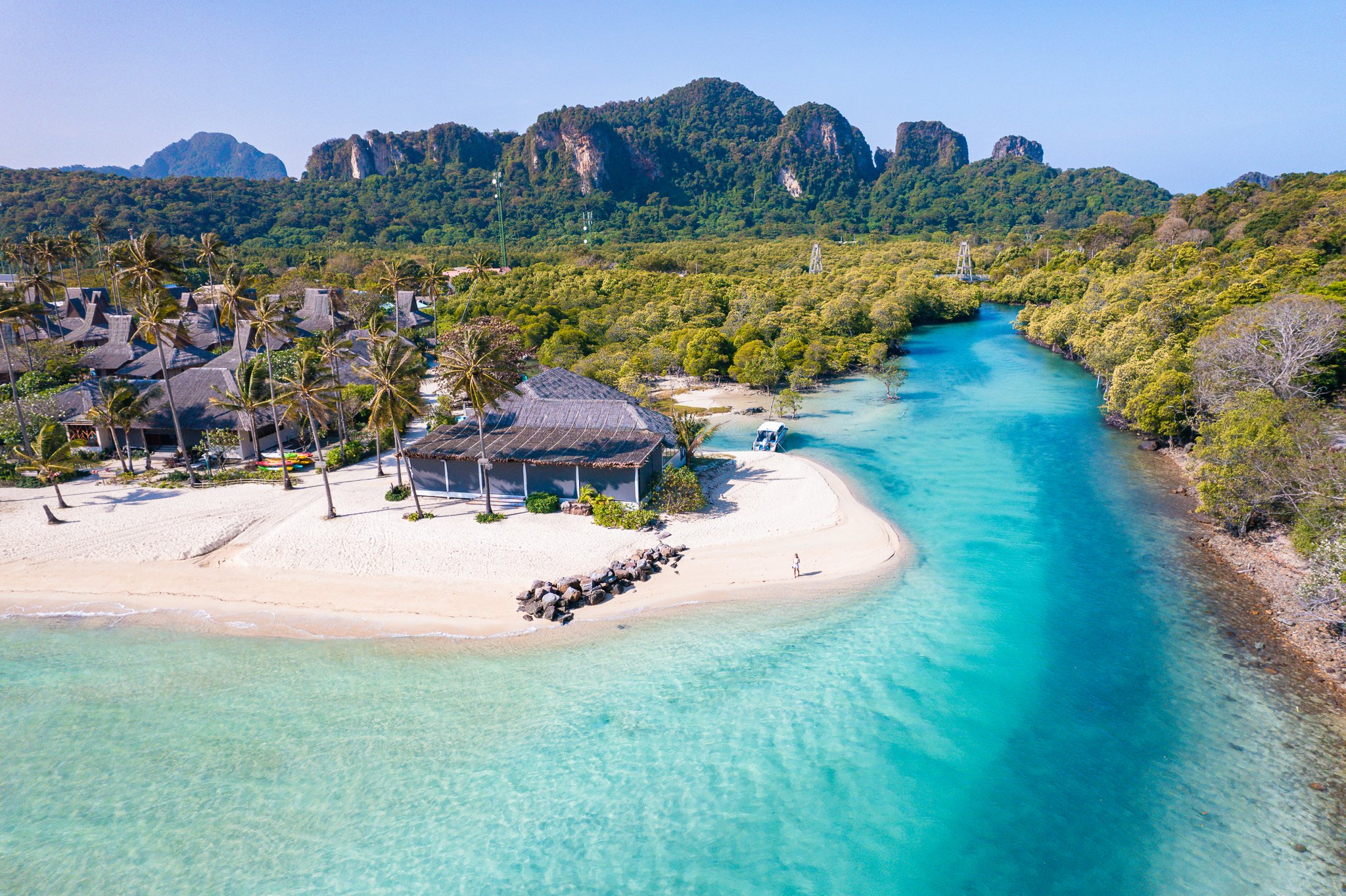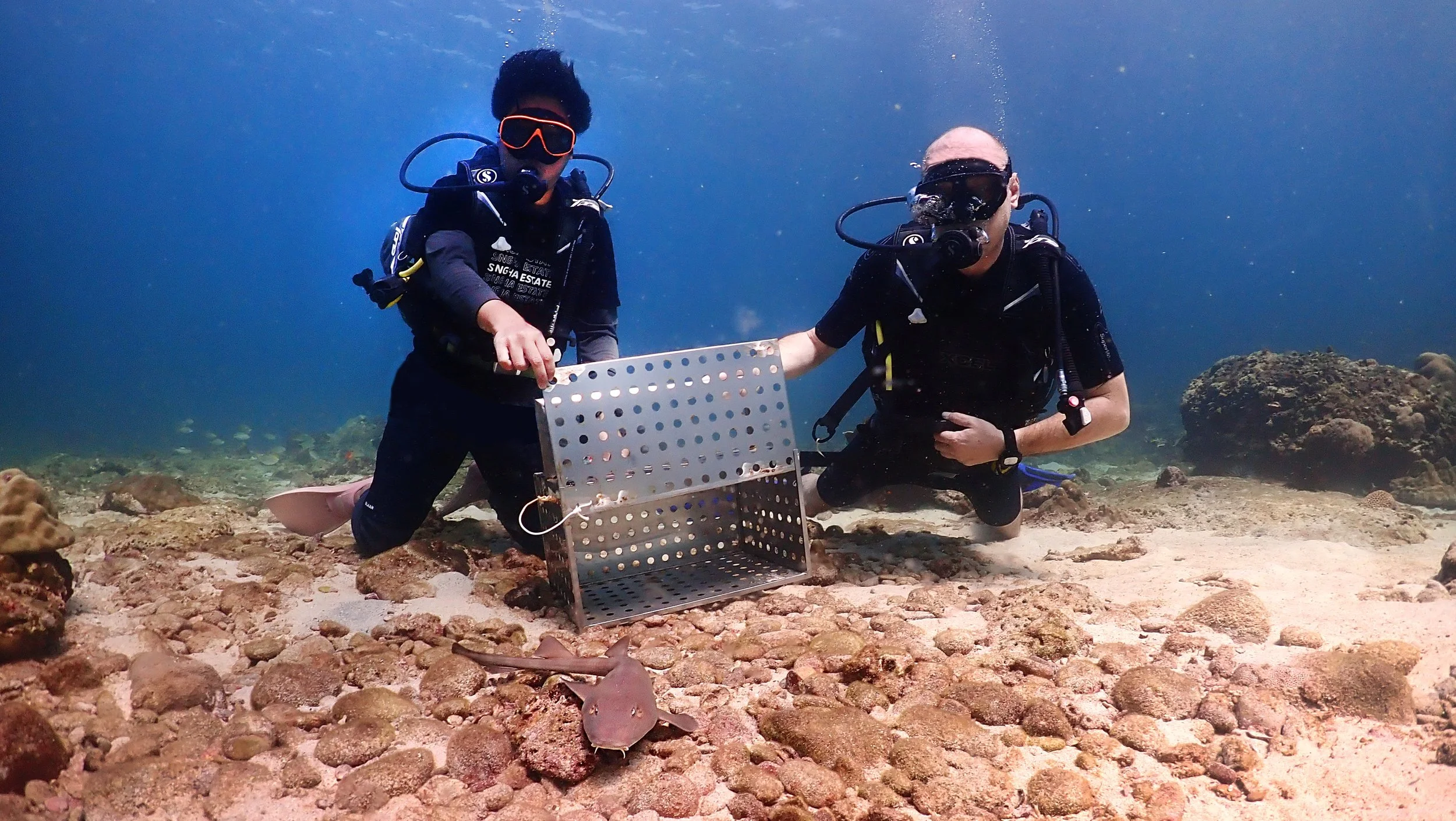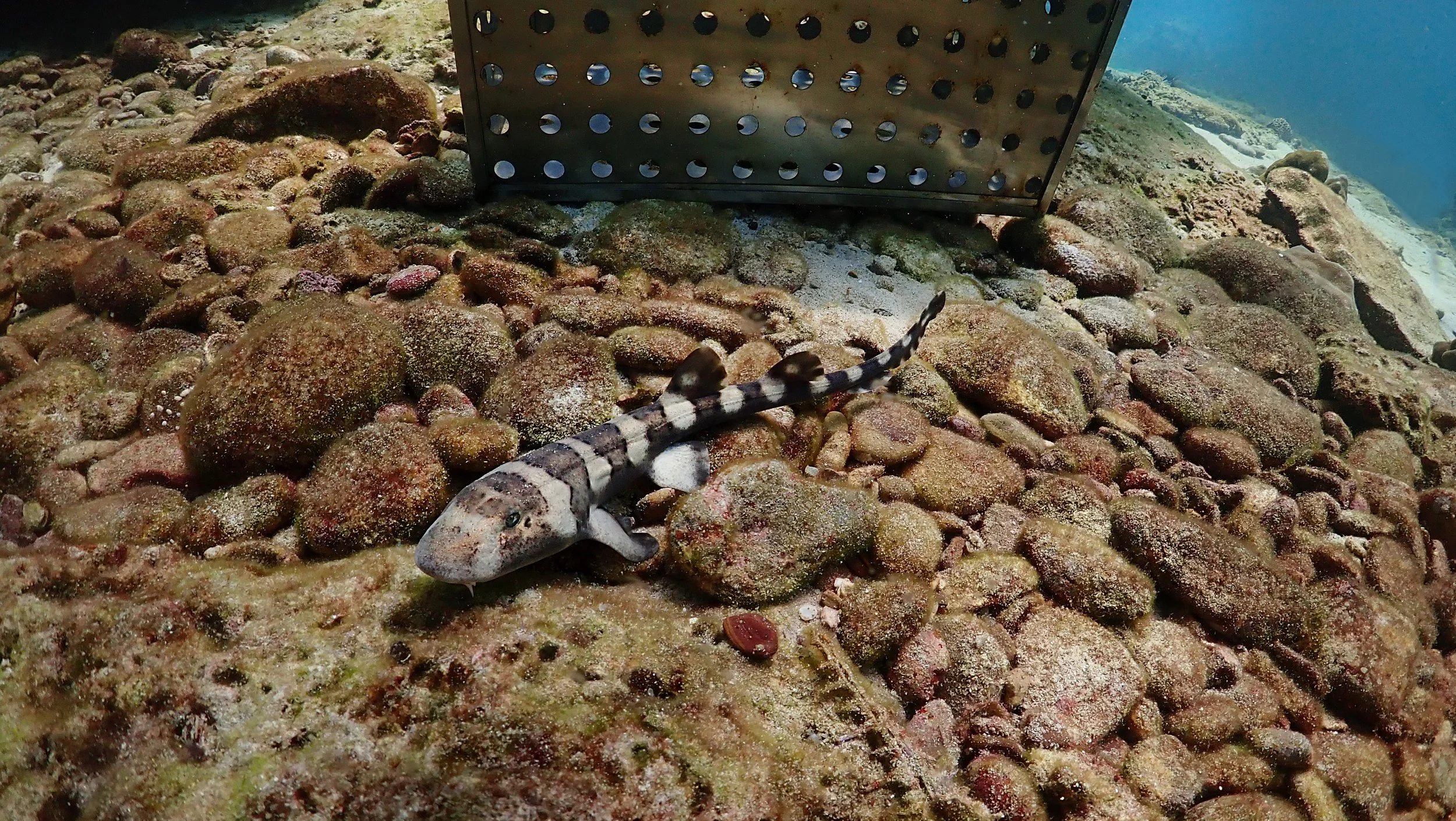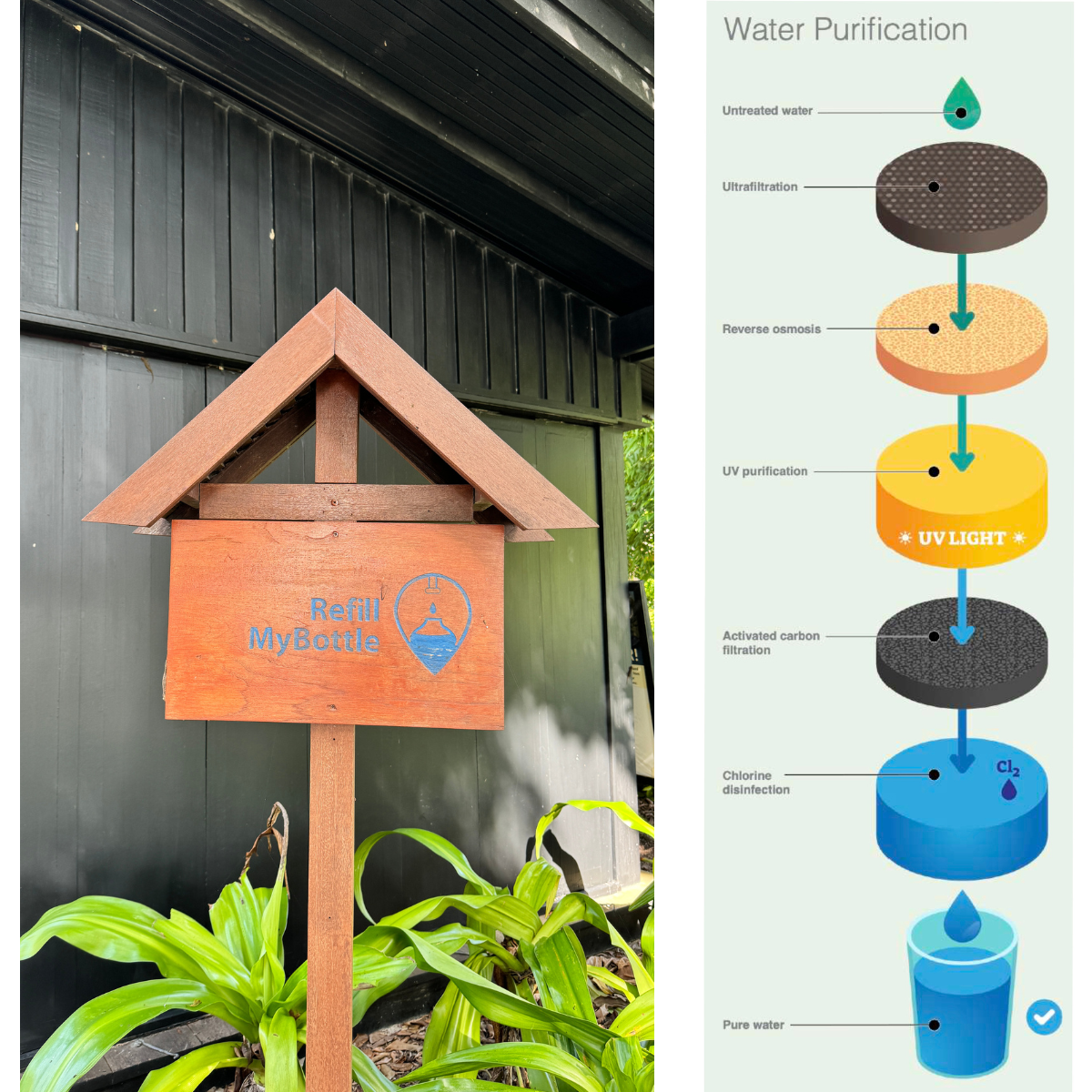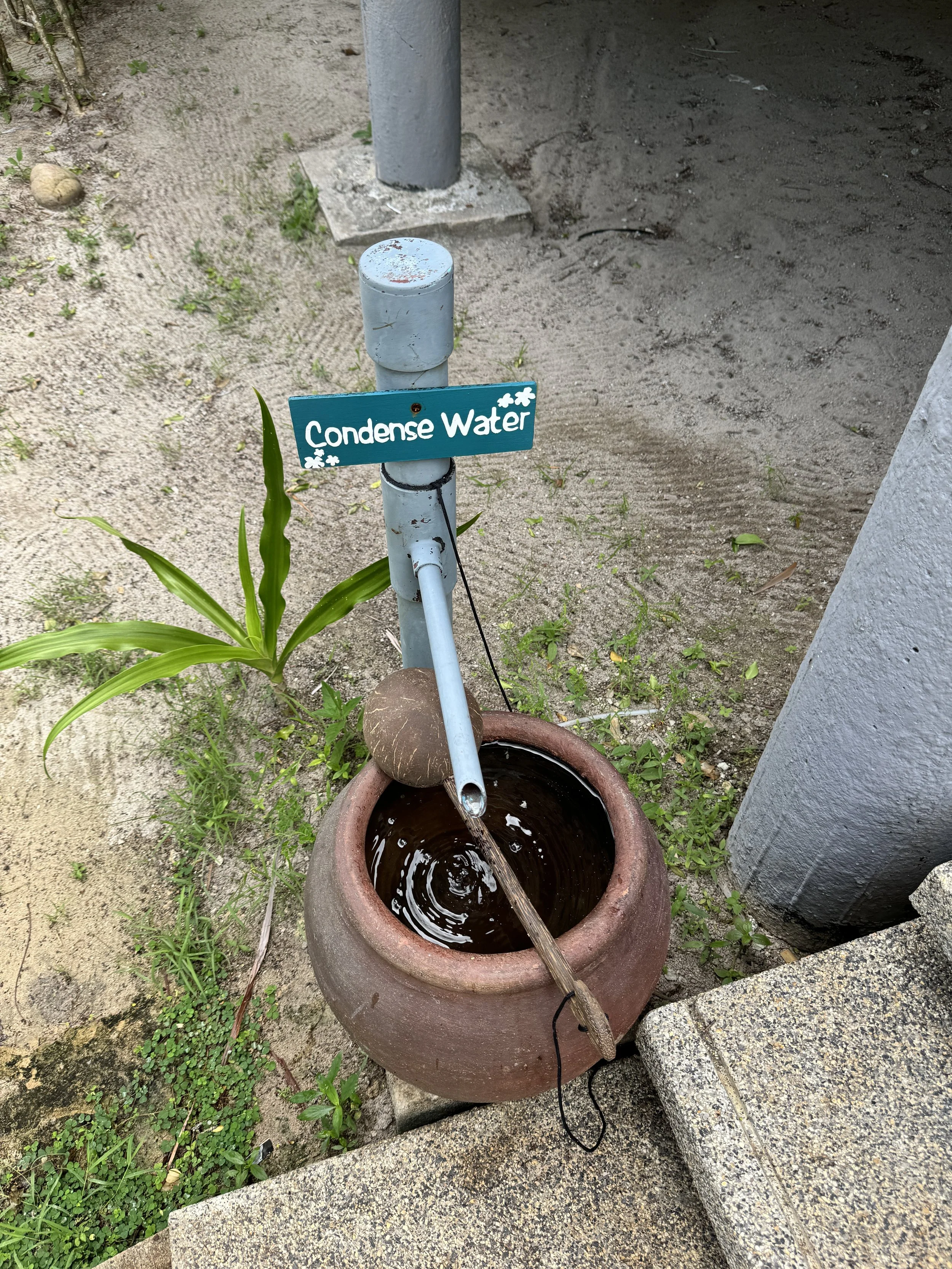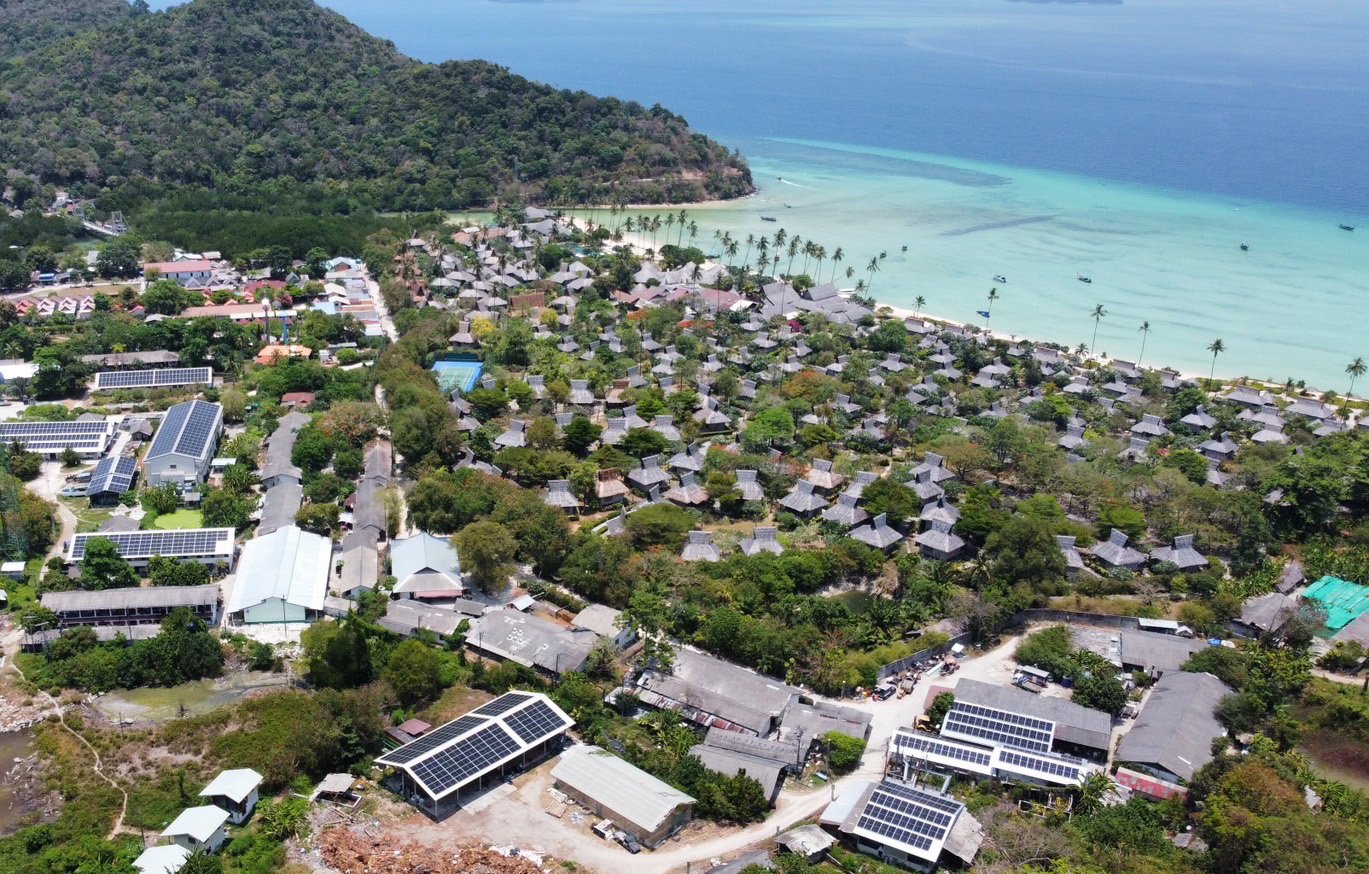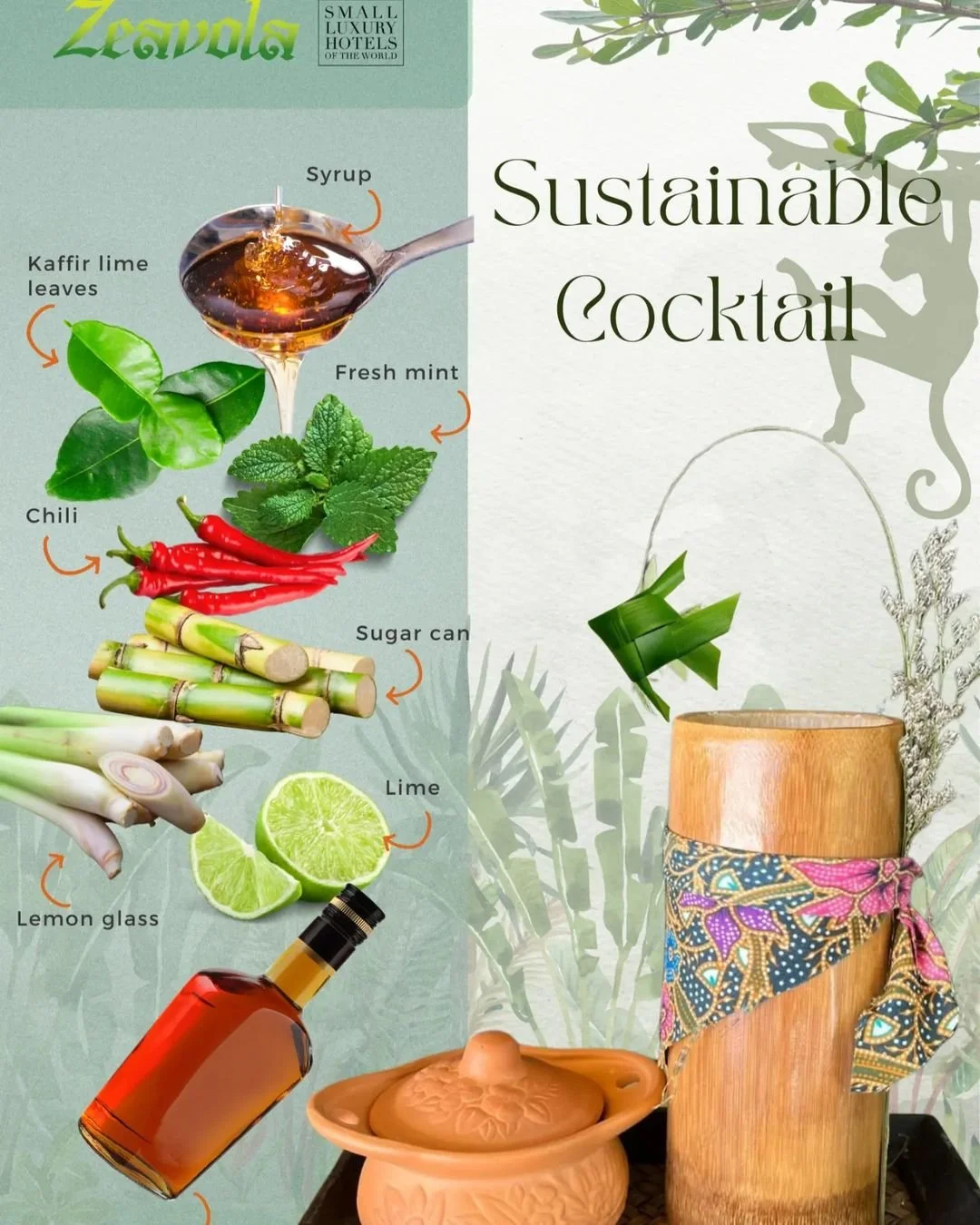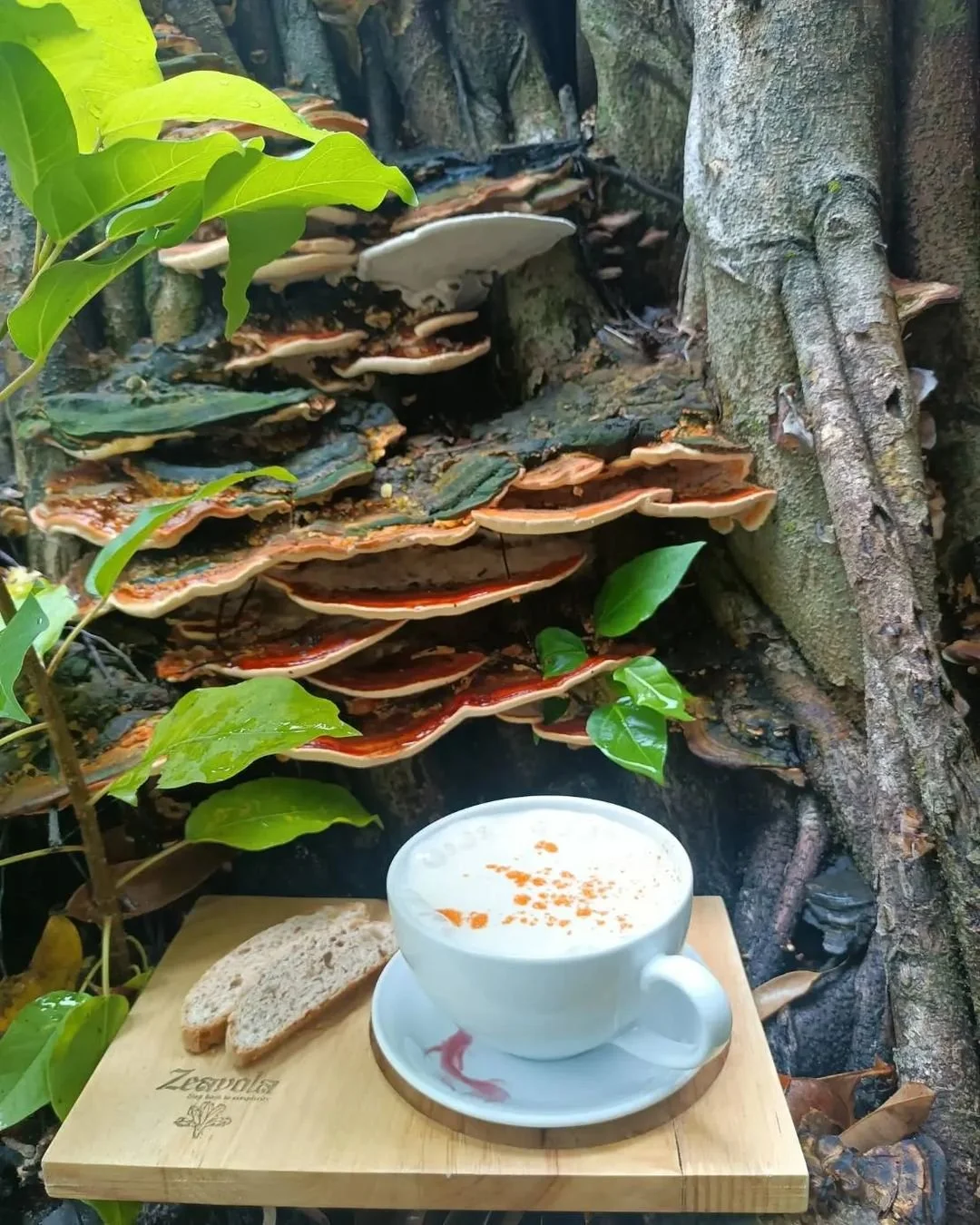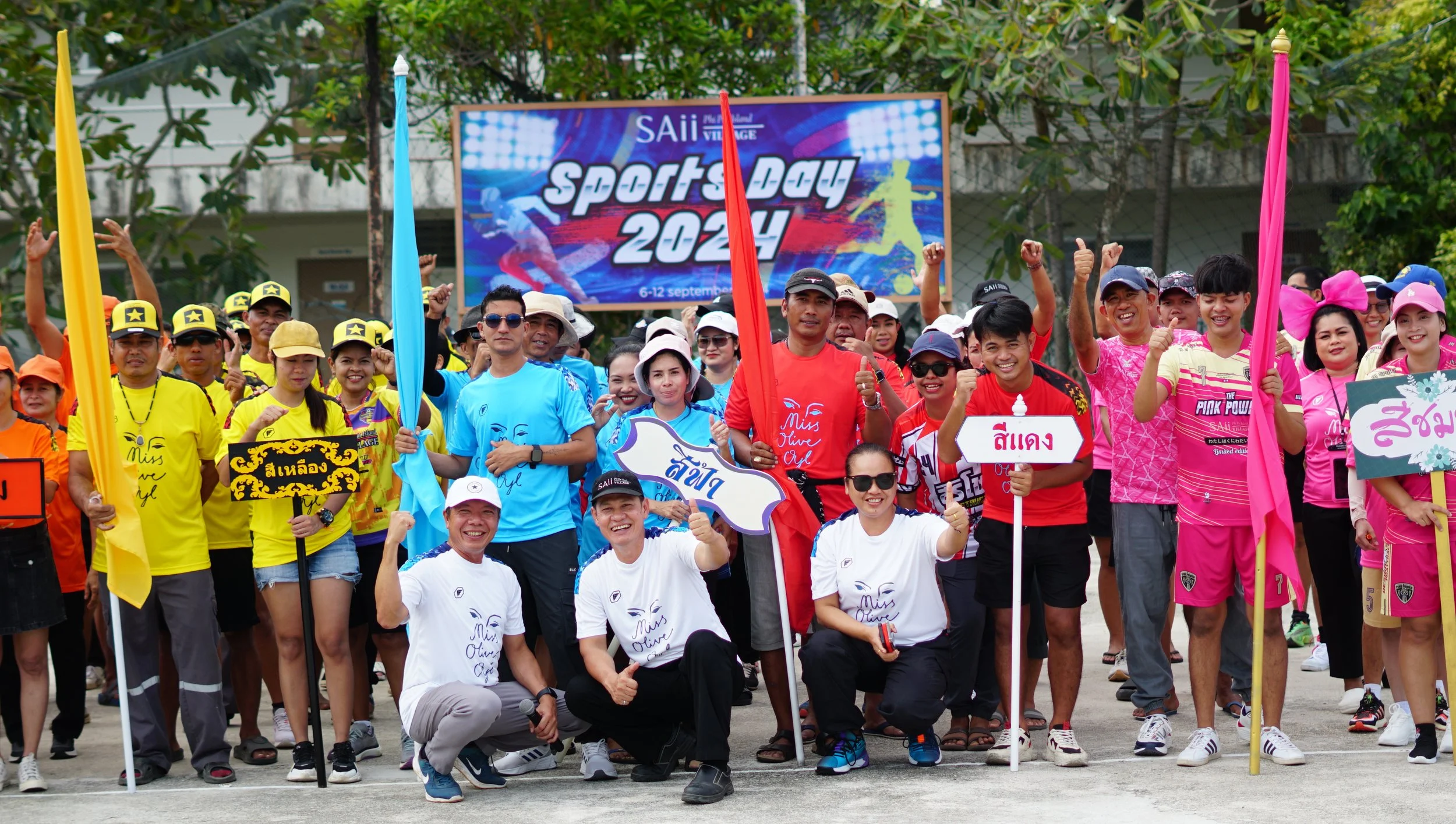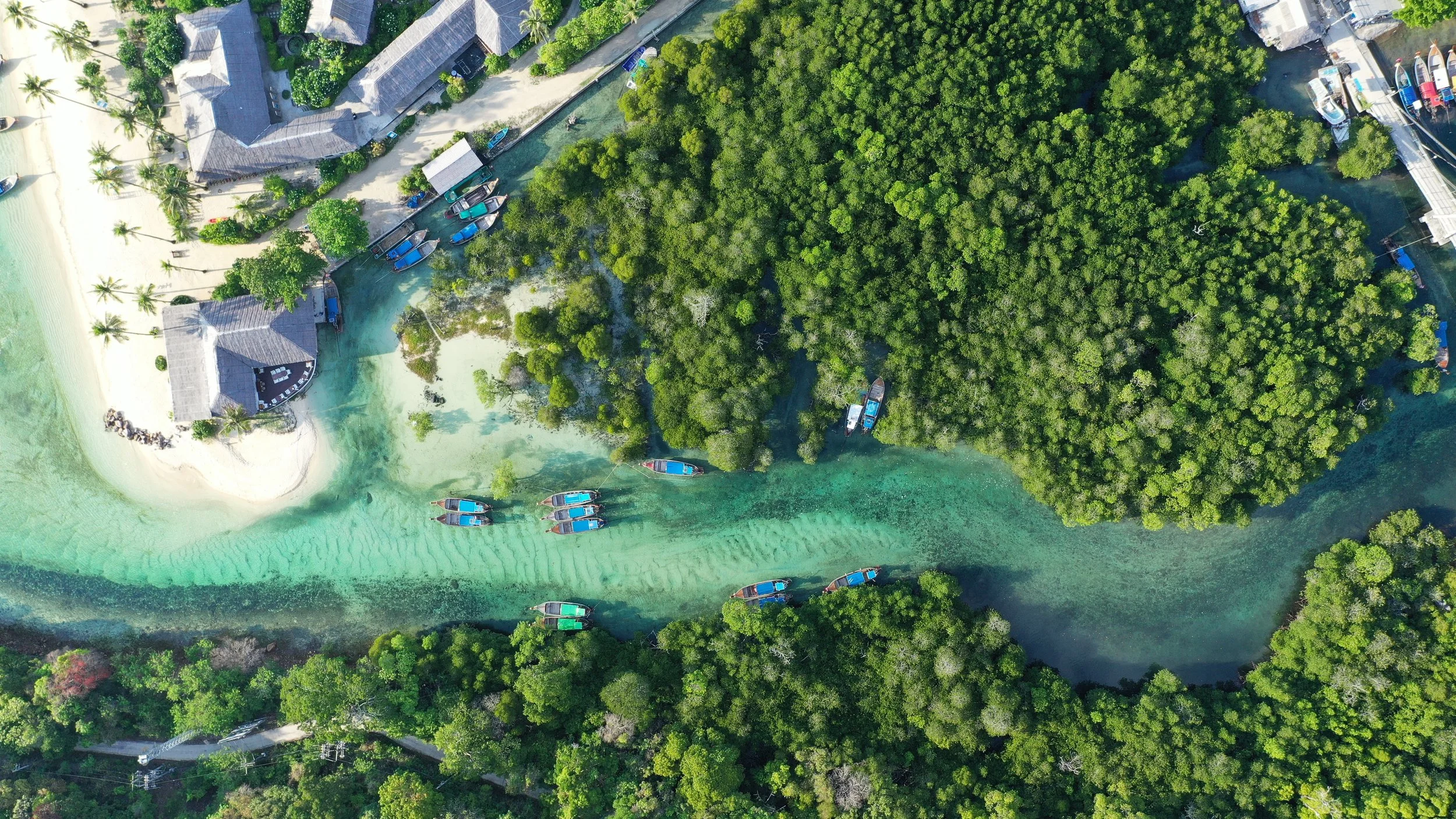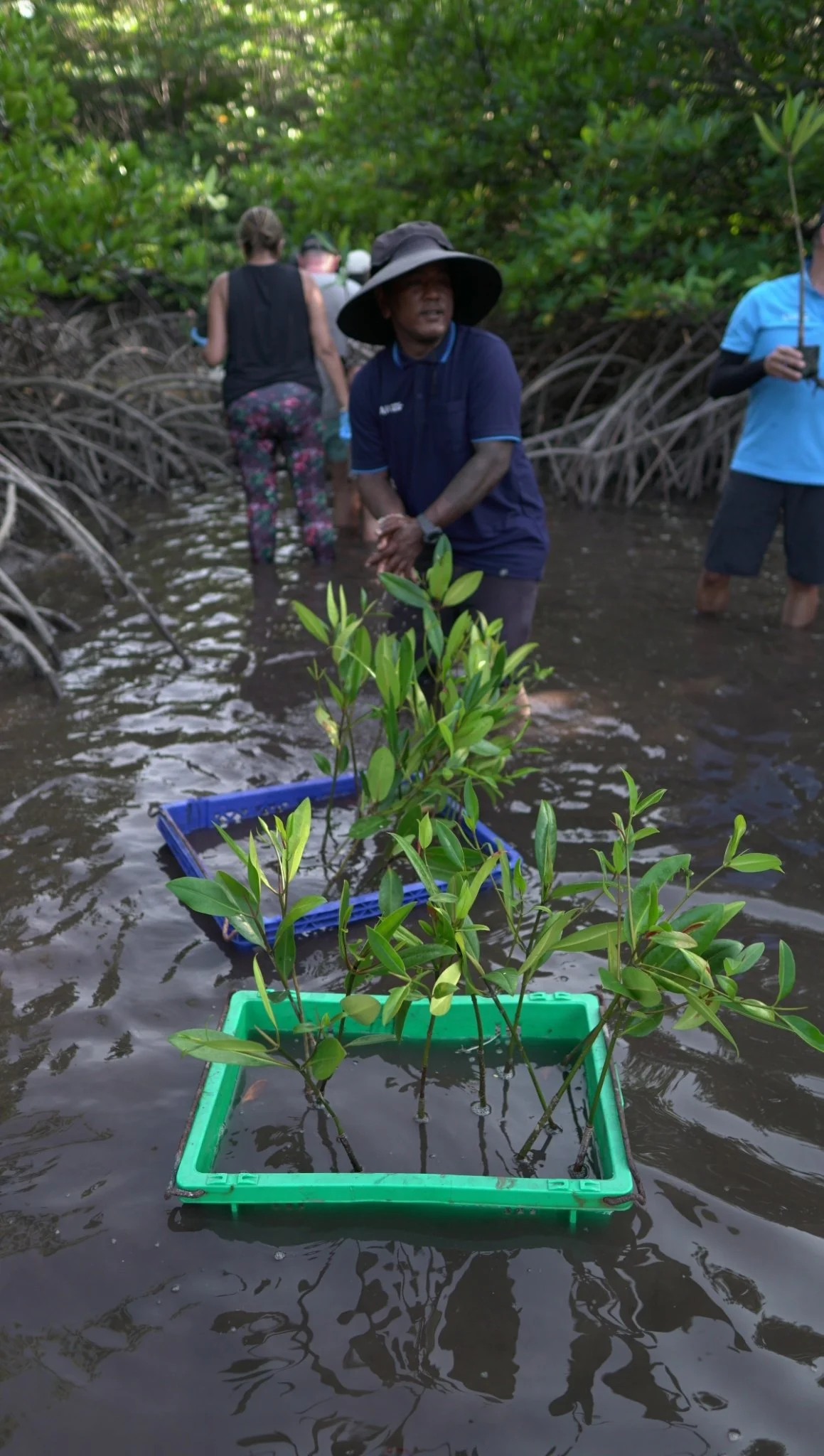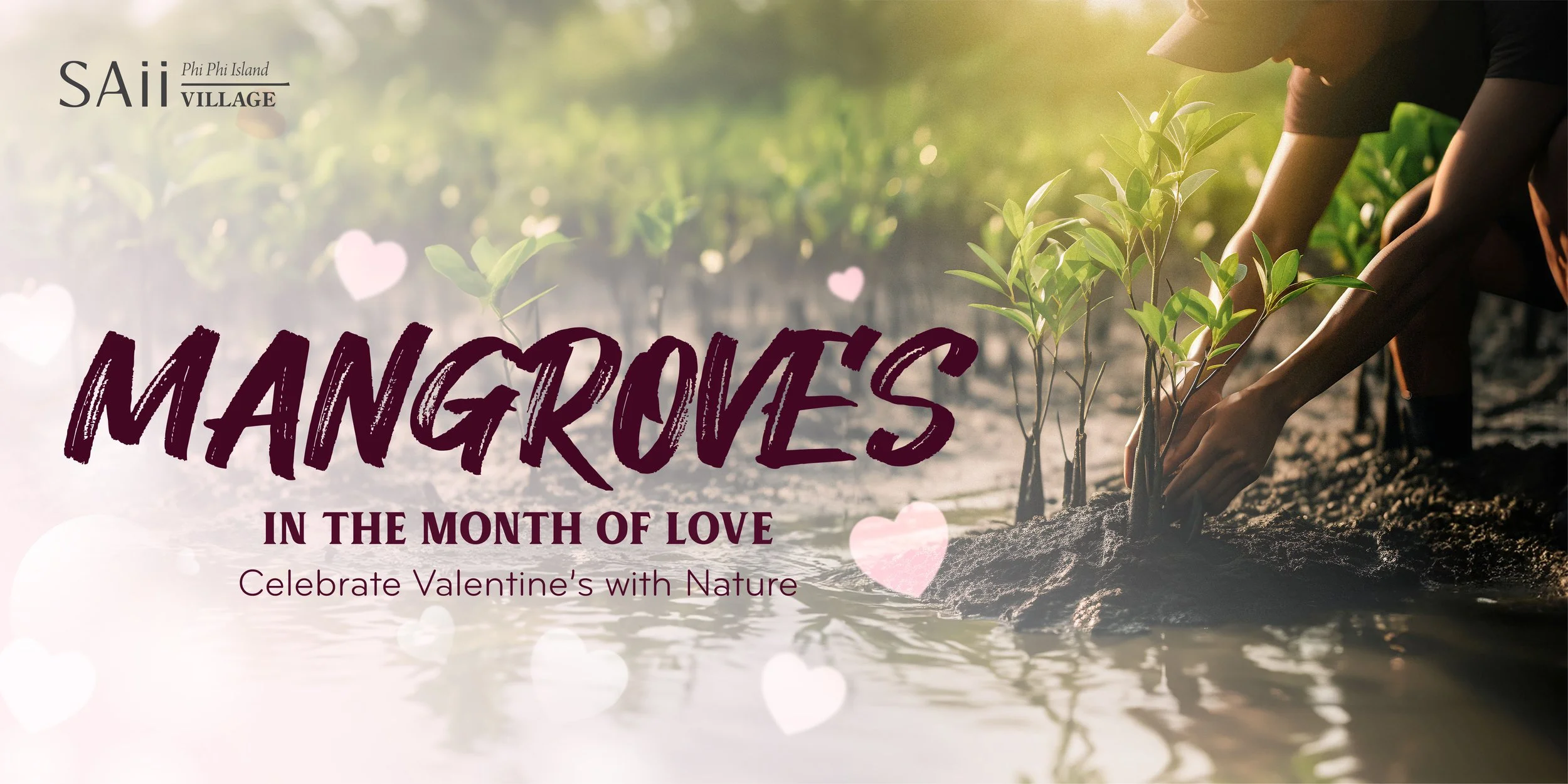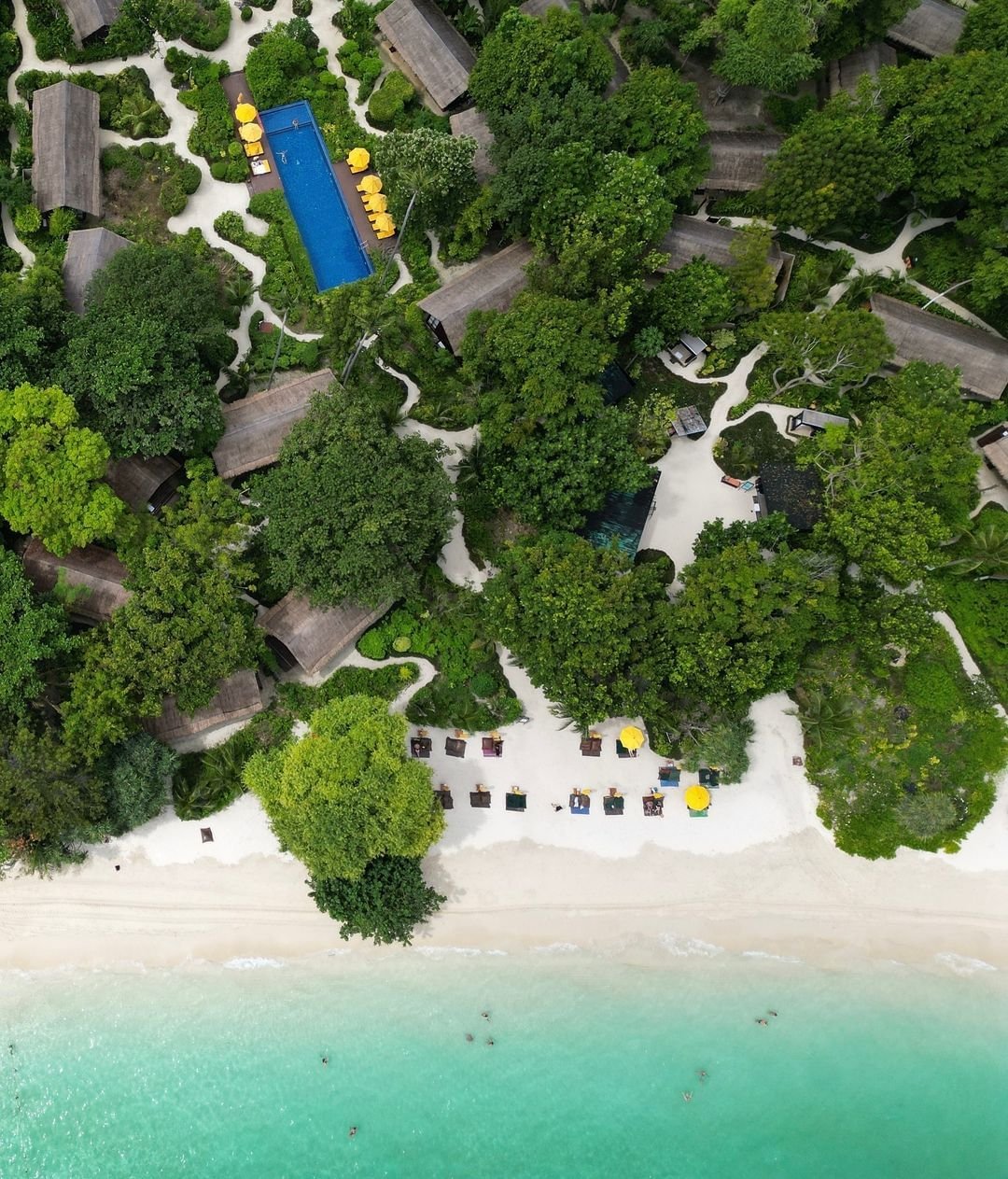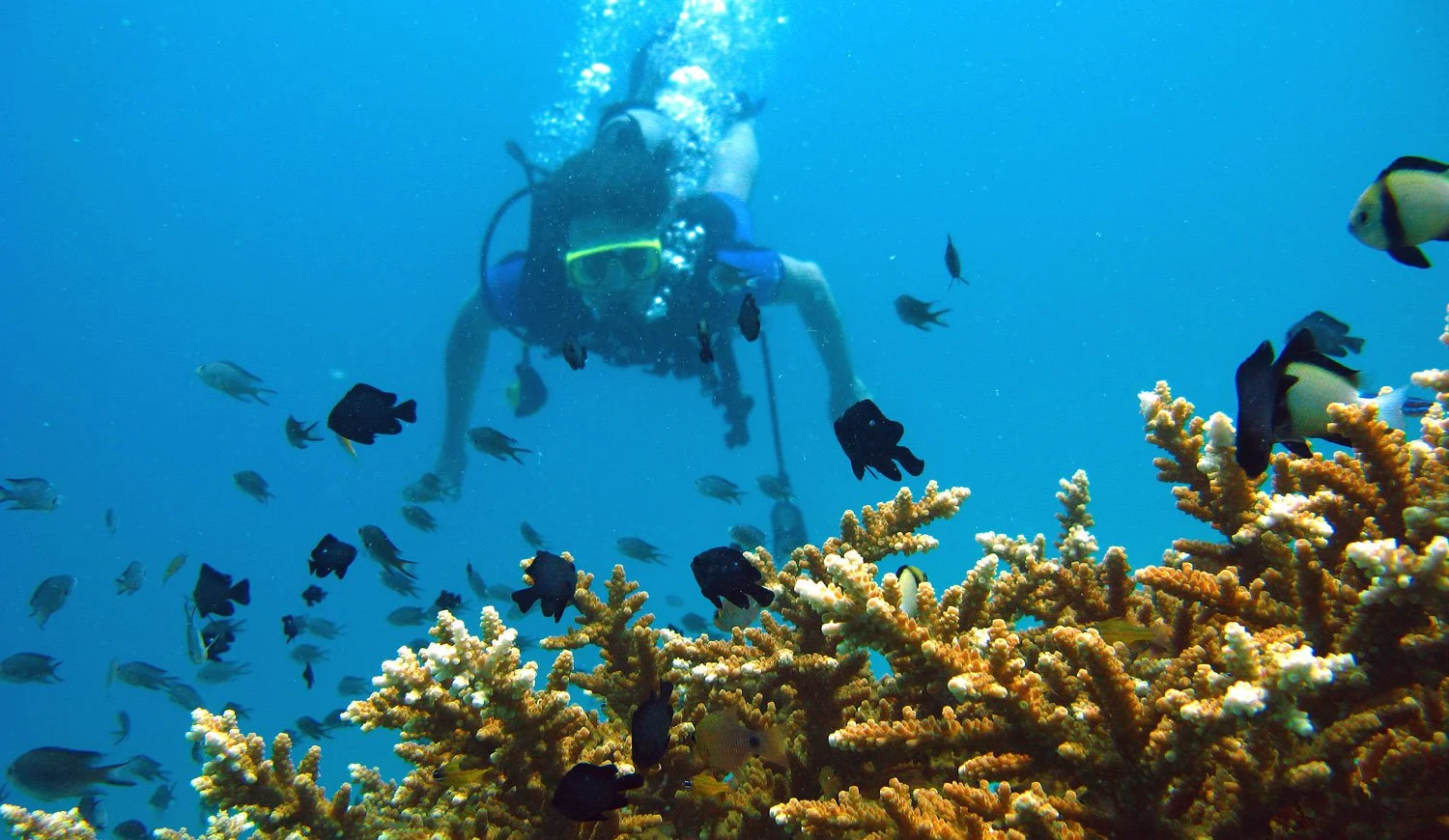Brand-Led Movement Seeks to Preserve Thailand’s Crown Jewel for Future Generations
Photo by Zeavola.
Considered the crown jewel of Southern Thailand, Maya Bay became emblematic of overtourism’s destructive impact. Many quickly point to the 2000 movie The Beach starring Leonardo DiCaprio as the beginning of Maya Bay’s rise to the top of the must-visit list of travelers coming to Thailand.
However, years of insufficient management and climate change-induced coral bleaching have led to severe environmental degradation in the area.
Recognizing the urgent need for ecological rehabilitation, the Thai government took decisive action by closing Maya Bay in 2018. The closure occurred again, most recently from 1 August to 31 September 2024, to allow the ecosystem to recover. Encouraging signs of regeneration are now visible, with marine life slowly returning and coral reefs beginning to heal.
Although Maya Bay lies on the smaller Phi Phi Leh, the environmental toll of overtourism is felt across the larger, inhabited Phi Phi Don as well. Today, the island’s population stands at over 3,000, a stark contrast to its earlier days.
To gain deeper insights into these recovery efforts, I visited Zeavola and SAii Phi Phi Island Village Resort on Phi Phi Don. These properties have implemented various initiatives to adapt to the visible effects of climate change in the region.
Their sustainability initiatives reflect a broader shift within the hospitality industry, with businesses increasingly taking responsibility for environmental stewardship and societal harmony in climate-vulnerable places such as Koh Phi Phi for future generations.
This is the second part of our special series, Thailand’s Best-Kept Sustainable Travel Stories. In case you missed it, check out the first part here.
Photo by SAii Phi Phi Island Village Resort
SAii Phi Phi Island Village: Environmental Stewardship Beyond The Hotel Grounds
At the Green Globe-certified SAii Phi Phi Island Village, environmental protection extends well beyond its grounds. The resort’s Marine Discovery Centre serves as a research hub dedicated to restoring local marine ecosystems and educating visitors on the importance of conservation. The center collaborates with the Phuket Marine Biological Center in projects like bamboo shark conservation to rehabilitate these critical species.
The property has also spearheaded many initiatives including the “Phi Phi Is Changing” project to solve the issue of coral bleaching, and the “Toh Wai Wai” helping to release clownfish, propagate coral, and plant mangrove trees in Hat Noppharat Thara-Mu Ko Phi Phi National Park.
Photos by SAii Phi Phi Island Village.
Climate Change-Induced Drought Further The Importance of Circular Water Management
In 2024, Phi Phi Don experienced one of the longest dry seasons on record. Both resorts have implemented an advanced water recycling system – capturing rainwater and treating wastewater for reuse in gardening and other non-consumable purposes.
They both harvest potable water from onsite wells, ensuring its quality through regular testing.
For example, Zeavola employs a reverse osmosis system to ensure steady clean water while reducing its environmental impact. The resort is part of Refill MyBottle, an online map that identifies all the places where people can fill up their bottles with clean drinkable water for free or a minimum fee.
Photo (L) taken by AST. Graphic (R) by Zeavola.
Condense water collected from the air conditioner at SAii Phi Phi Island Village. Photo taken by AST.
At SAii Phi Phi Island Village, other back-of-house initiatives include comprehensive food waste composting, and the use of solar panels accounts for an average of 20% of the resort’s total electricity usage.
Graphic and photo by SAii Phi Phi Island Village.
Zeavola: Leading on Ethical Sourcing and Culinary Sustainability
Zeavola is not just a member of Small Luxury Hotels of the World. It is also included in the prestigious Considerate Collection, which honors hotels for offering unique, authentic, and sustainable experiences. This barefoot luxury resort on Koh Phi Phi Don is a shining example of conscious luxury.
A key driving force behind the hotel’s impressive track record in sustainability is Chef Satya Beeknoo, who has helmed the resort’s kitchen since 2018.
For Chef Satya, who is fondly loved by his team, cooking isn’t just about creating delicious dishes but doing justice to the ingredients. He hand-picks his suppliers after a deliberate process that often includes a visit to their farms to learn how ingredients are grown.
(L) Sustainable Cocktails & Zero Waste Bartending. (R) Cappuccino Forged Mushrooms Soup with the mushrooms foraged right on Phi Phi Island. Photos by Zeavola.
Chef Satya’s commitment to sustainability was further highlighted when he and his team won Thailand’s Iron Chef competition in 2020 by focusing on the “concept of sustainable living”. It was about demonstrating simplicity and respect for nature. They also wanted to show how they could support the local community and create a wow factor with a local product by turning it into an amazing culinary experience.
Chef Satya Beeknoo in a white shirt. Photo byGreen Pearls.
A Happy Team Makes A Stronger Team
On the days of our visit, the two hotels held their team-building activities that included karaoke competitions and sports contests to facilitate strong team bonding.
For permanent benefits, Zeavola’s Executive Assistant Manager Eksakon Pimkaew highlighted that the property reimburses up to 4 home trips per year for each employee in addition to complimentary room and board.
Team sports day at SAii Phi Phi Island Village.
Attracting A New Generation of Conscious Travelers
Sustainability is beyond operational excellence. It is also an opportunity for hotels to incorporate it into their guest experience.
SAii Phi Phi Island Village invites guests to participate in these eco-conscious activities to create a sense of collective action and unique experiences. Whether exploring the nearby marine ecosystems or participating in the resort’s conservation efforts, visitors are encouraged to become active participants in preserving the region’s natural beauty. The hotel also supports local long-tailed boat operators by using their fleet for island excursions.
Photos by SAii Phi Phi Island Village.
Situated within the Phi Phi National Marine Park, Zeavola houses a PADI Center that offers guests both day and night diving trips. With easy access to nearby paradise coves and beaches, guests can learn about marine biodiversity while experiencing world-class snorkeling and scuba diving among the massive schools and the walls of colorful corals.
Photos by Zeavola.
Final Words
I asked the leaders of both resorts whether Maya Bay’s visitor quota and seasonal closure have negatively impacted their businesses. They affirmed the opposite: the changes have eased pressure on the area’s carrying capacity.
“We’ve seen more repeat guests, which benefits us,” shares Chef Satya of Zeavola. “It encourages visitors to explore beyond Maya Bay.”
“These policies protect our key natural assets and help keep visitors returning to the area,” says Peera Boonsaeng, Hotel Manager at SAii Phi Phi Island Village.
As more travelers seek out experiences that align with their values, resorts like SAii Phi Phi Village and Zeavola are leading the charge in creating a travel experience that not only delights but also makes a positive impact.


